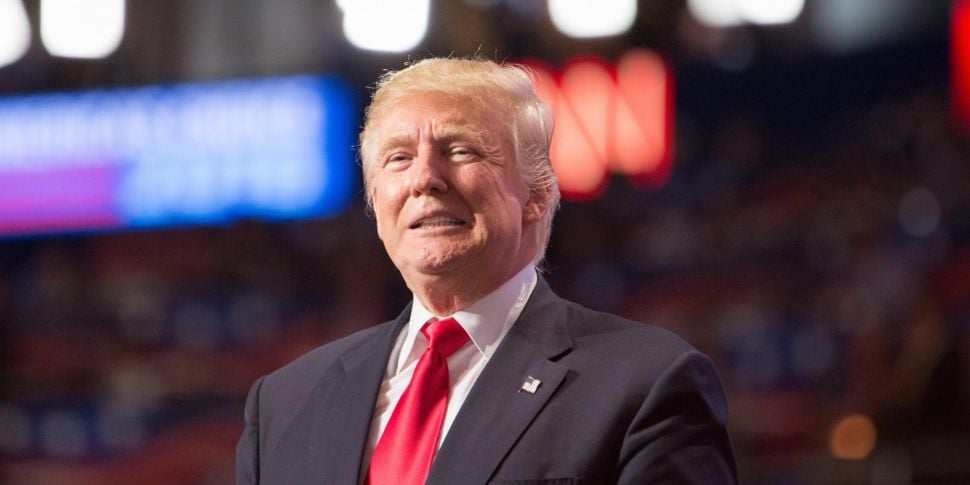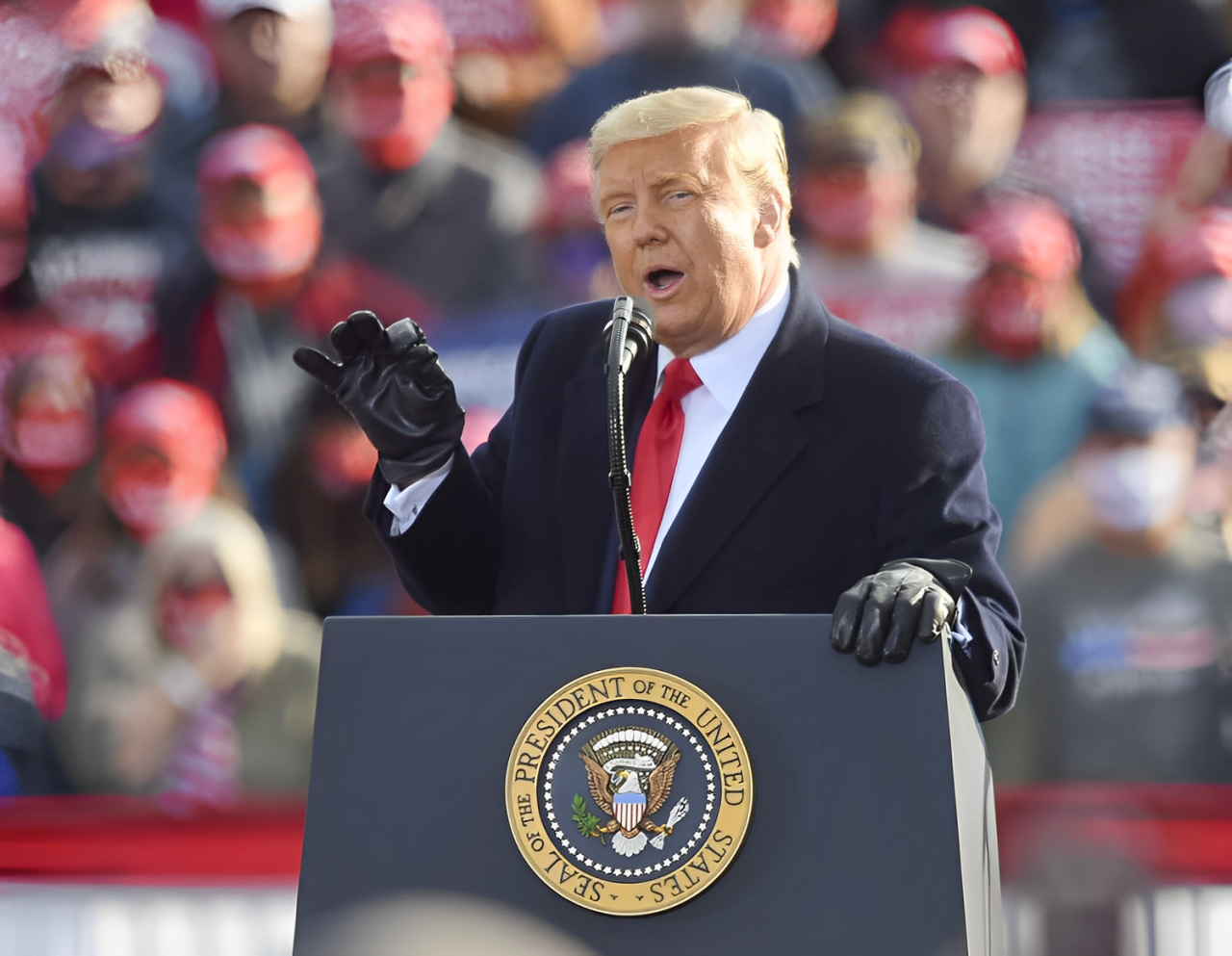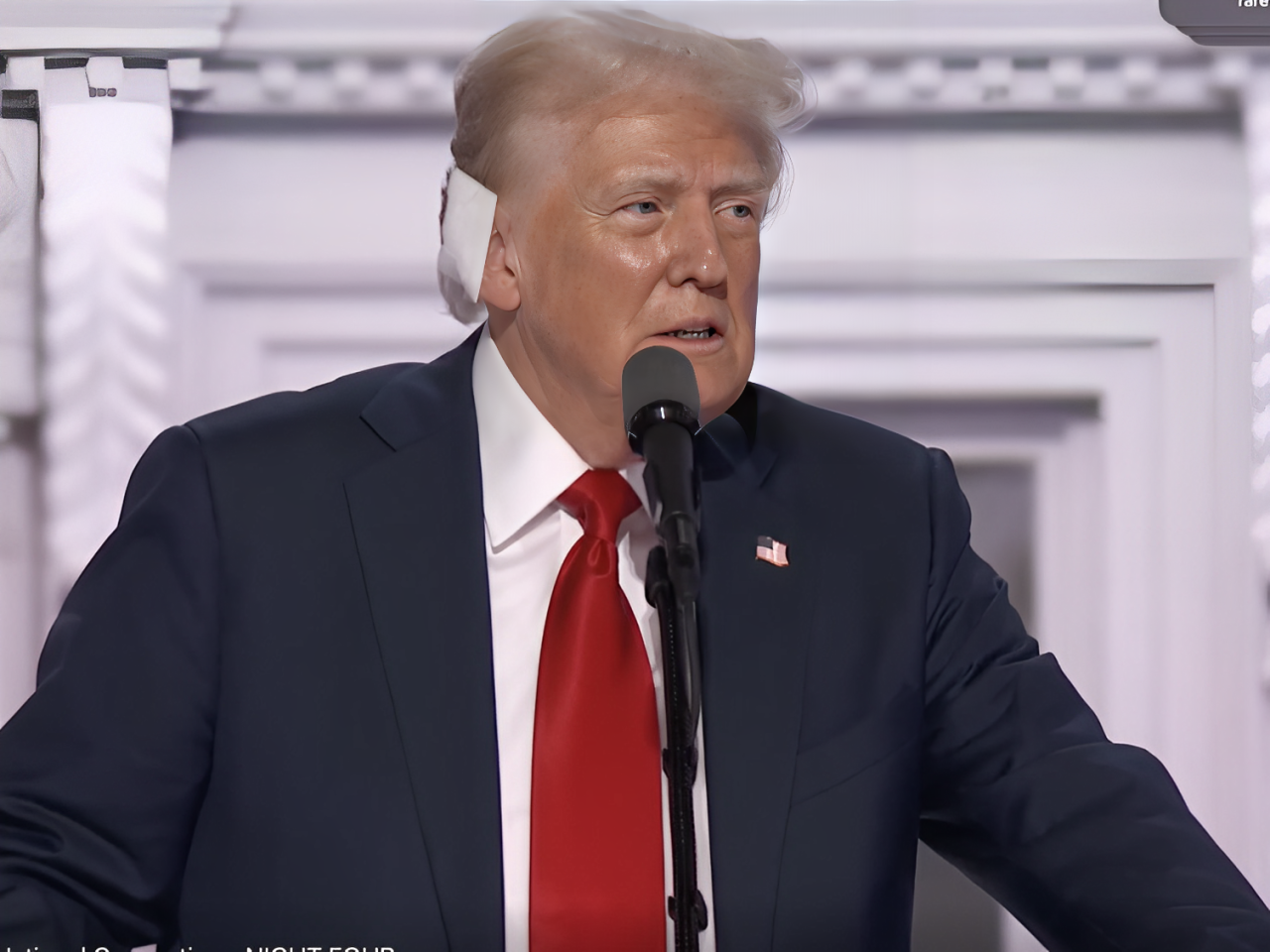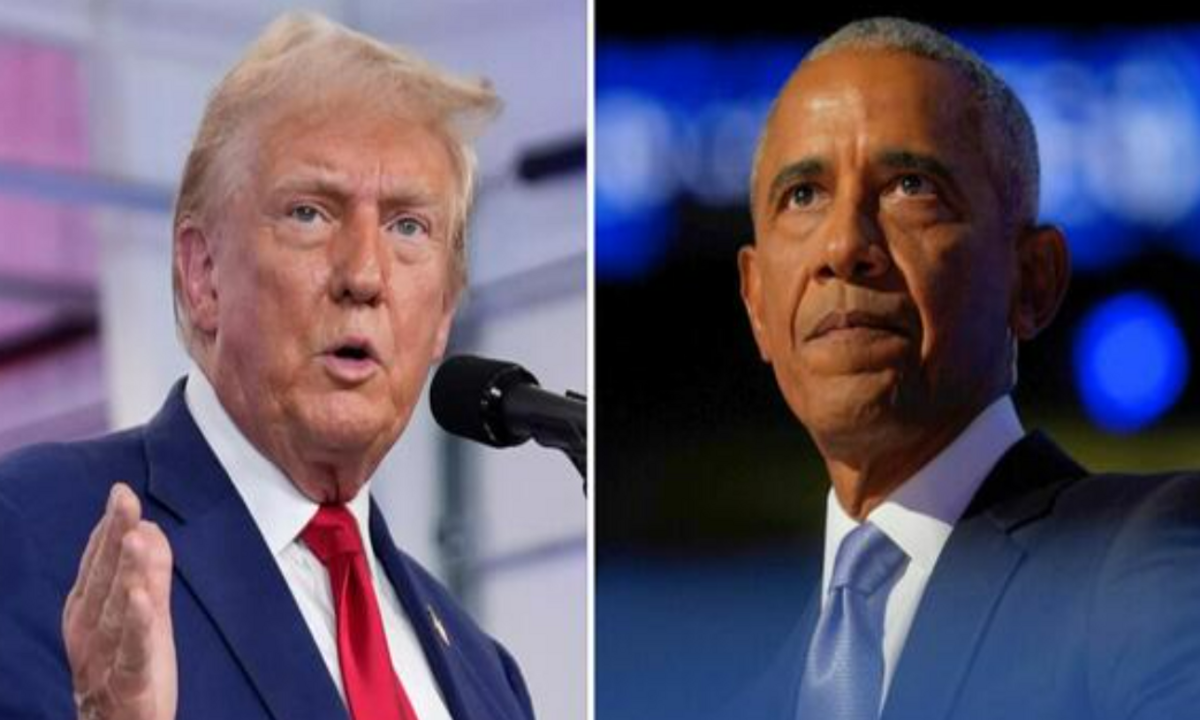Donald Trump’s economic policies during his presidency were mainly characterized by tax cuts, trade wars, tariffs, deregulation, and immigration restrictions. One of the most notable aspects of Trump’s economic plan was the Tax Cuts and Jobs Act (TCJA), which lowered the tax rates for both corporations and individuals.
The reforms brought about by this act expire in 2025. The intent was to stimulate economic growth by increasing disposable income for both businesses and individuals. This, in turn, was expected to lead to increased investment and consumer spending.
Another significant aspect of Trump’s economic legacy is his tariffs on thousands of products, with a particular focus on the trade war with China. These tariffs were aimed at protecting American industries and reducing the trade deficit. However, they also led to increased costs for American consumers and businesses that rely on imported goods.
Trump’s deregulation policies were another hallmark of his presidency. These policies involved rolling back numerous environmental rules, including those governing clean air and water. The administration argued that these rollbacks would reduce the regulatory burden on businesses, leading to increased economic activity and job creation. Critics, however, contended that these actions compromised environmental protections and public health.
The economy during Trump’s presidency experienced notable achievements. Before the COVID-19 pandemic, the economy was strong, with significant job creation and low unemployment rates. The tax cuts and deregulation policies were credited with contributing to this economic strength. Businesses had more capital to invest, and the labor market was robust, providing opportunities for workers across various sectors.
However, Trump’s presidency also faced significant challenges. The economic slowdown in 2019 was a cause for concern, and the COVID-19 pandemic in 2020 had a devastating impact on the economy. The pandemic led to widespread business closures, job losses, and a sharp economic contraction. The federal government’s response to the pandemic, including stimulus packages and relief measures, was aimed at mitigating the economic damage but also led to an increase in the annual deficit.
The trade wars and tariffs also sparked controversy. While some sectors benefited from the protective measures, others suffered from the increased costs of imported goods and retaliatory tariffs imposed by other countries. The agricultural sector, in particular, was hit hard by the trade war with China, leading to significant losses for American farmers.

Comparing the Trump economy with previous administrations provides insights into economic growth rates and key indicators. Trump’s administration claimed credit for much of the economic success during his presidency, including the booming economy before the pandemic-induced shutdowns and recession.
However, critics argue that much of the economic progress he pointed to was inherited from the administration of former President Barack Obama. The recovery from the Great Recession, which began during Obama’s tenure, laid the groundwork for the economic growth seen during Trump’s presidency.
The economic impact of Donald Trump’s presidency is a complex and multifaceted issue. His policies of tax cuts, tariffs, deregulation, and immigration restrictions had both positive and negative effects on the economy. While the pre-pandemic economy saw significant growth and low unemployment, the challenges of the economic slowdown in 2019, the pandemic in 2020, and the controversies surrounding trade policies highlight the complexities of assessing the overall impact of his presidency on the economy.
Donald Trump’s presidency significantly impacted the economy, driven by his administration’s policies and the conditions he inherited. The strong economy before the pandemic, job creation, low unemployment rates, and the effects of tax cuts and deregulation are notable achievements.
Read More:
- Kamala Harris Leads Trump in Election Forecast for the First Time Ever!
- Oregon Governor Declares Emergency to Fight Growing Telephone Fire in Harney County!
- MAGA Supporters Celebrate New Poll Predicting Better Finances with Trump Victory!
However, the economic slowdown in 2019, the pandemic, the increase in the annual deficit, and the trade wars and tariffs present challenges and controversies that continue to shape the legacy of Trump’s economic policies.



